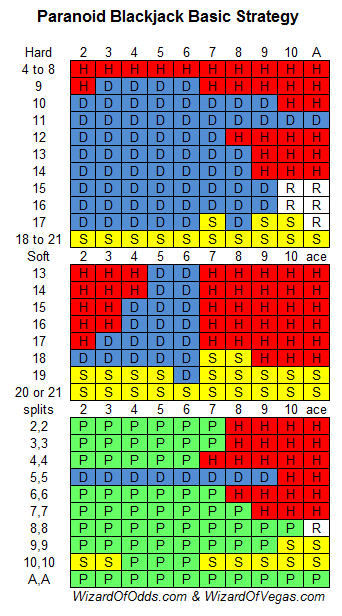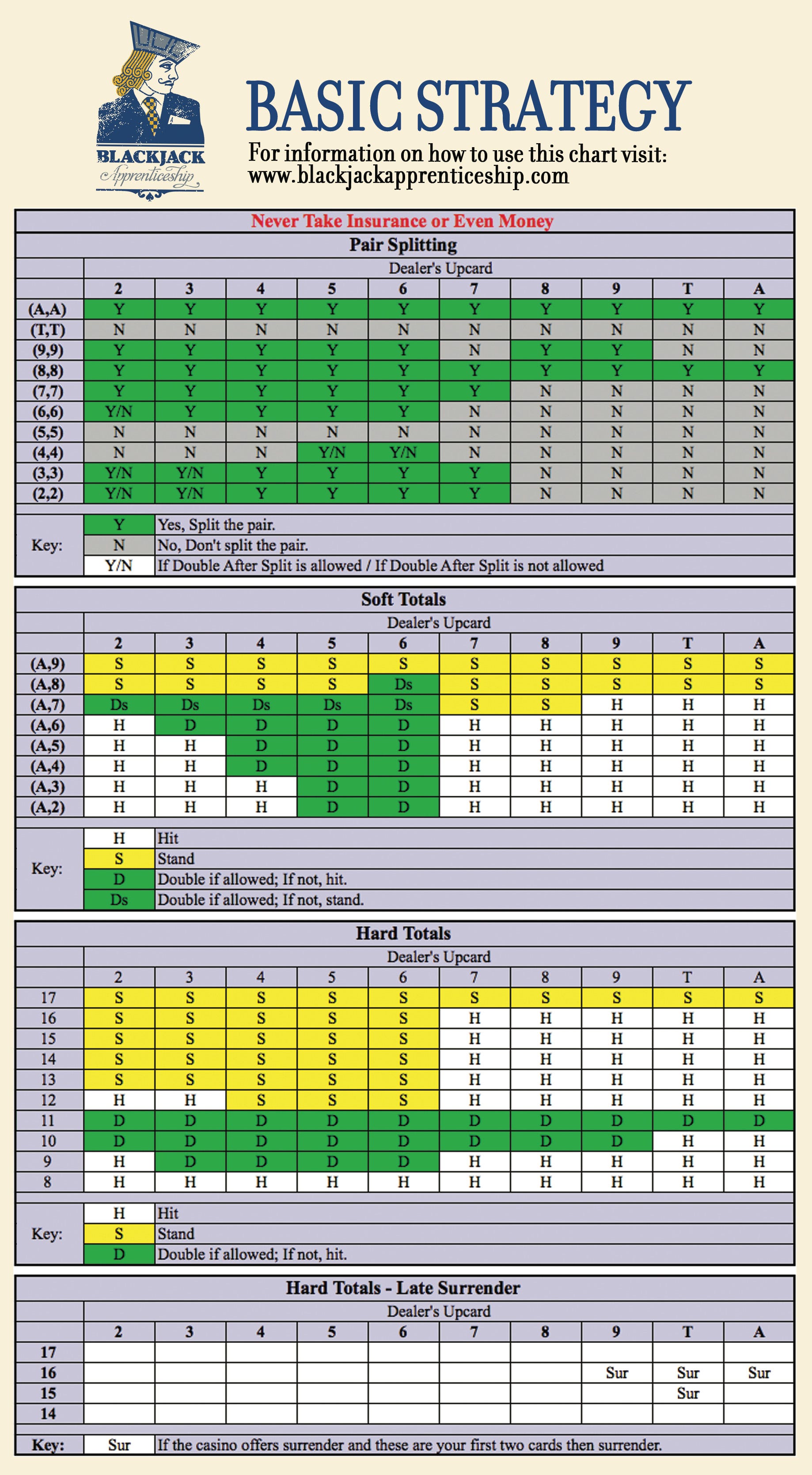Double Deck Blackjack Counting Strategy
- Appendices
- Miscellaneous
- External Links


5 Double Deck Memo. The Effect of Card Removal is far more dramatic in Double Deck Blackjack games versus Six Deck Games. Study the chart below. You’ll notice every card value is approximately three times stronger in Double Deck than with Six Decks. Double Deck Blackjack Rules. With double deck blackjack, two decks are in play. One interesting rule change is that dealers stand on soft 17s. In standard blackjack, dealer hitting is required there, and dealers have a chance to catch low cards like 2, 3, or 4, to make a strong hand.
On This Page
Introduction
To use the basic strategy, look up your hand along the left vertical edge and the dealer's up card along the top. In both cases an A stands for ace. From top to bottom are the hard totals, soft totals, and splittable hands. There are two charts depending on whether the dealer hits or stands on soft 17.
Other basic strategy rules.
- Never take insurance or 'even money.'
- If there is no row for splitting (fives and tens), then look up your hand as a hard total (10 or 20).
- If you can't split because of a limit on re-splitting, then look up your hand as a hard total, except aces. In the extremely unlikely event you have a pair of aces you can't re-split and drawing to split aces is allowed, then double against a 5 or 6, otherwise hit.
Ideally, the basic strategy shows the play which, on average, will result in the greatest win or the least loss per initial hand played. The way I usually go about this is to look at the initial 2-card hands only. Generally, this will result in the overall best play. However, soft 18 against a dealer ace when the dealer stands on soft 17 provides the only known exception that I am aware of for any number of decks. As my blackjack appendix 9 shows, a 2-card soft 18 vs A has an expected value of hitting of -0.100359, and of standing -0.100502. So with two cards it is very slightly better to hit. However, not all soft 18's are composed of two cards. The more the cards in the player's hand the more the odds favor standing. Simulations show that if forced to always hit or always stand, it is better to stand. I would like to thank Don Schlesinger for bringing this unusual play to my attention.
Double Deck Blackjack Counting Strategy Strategies
Double Deck Blackjack Counting Strategy Games

